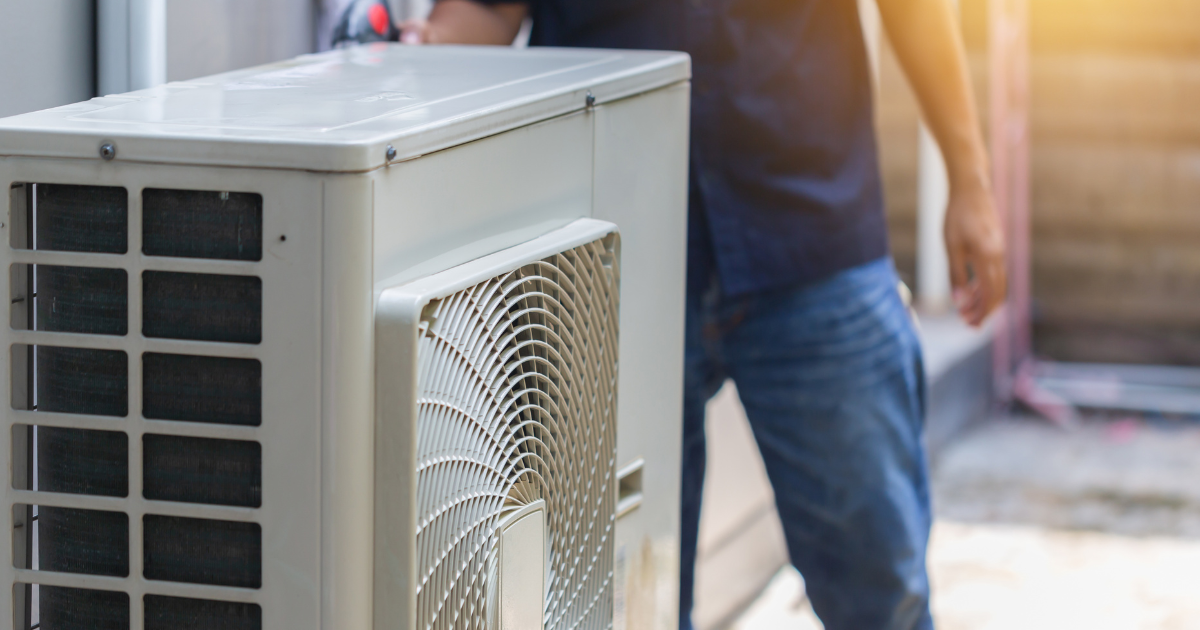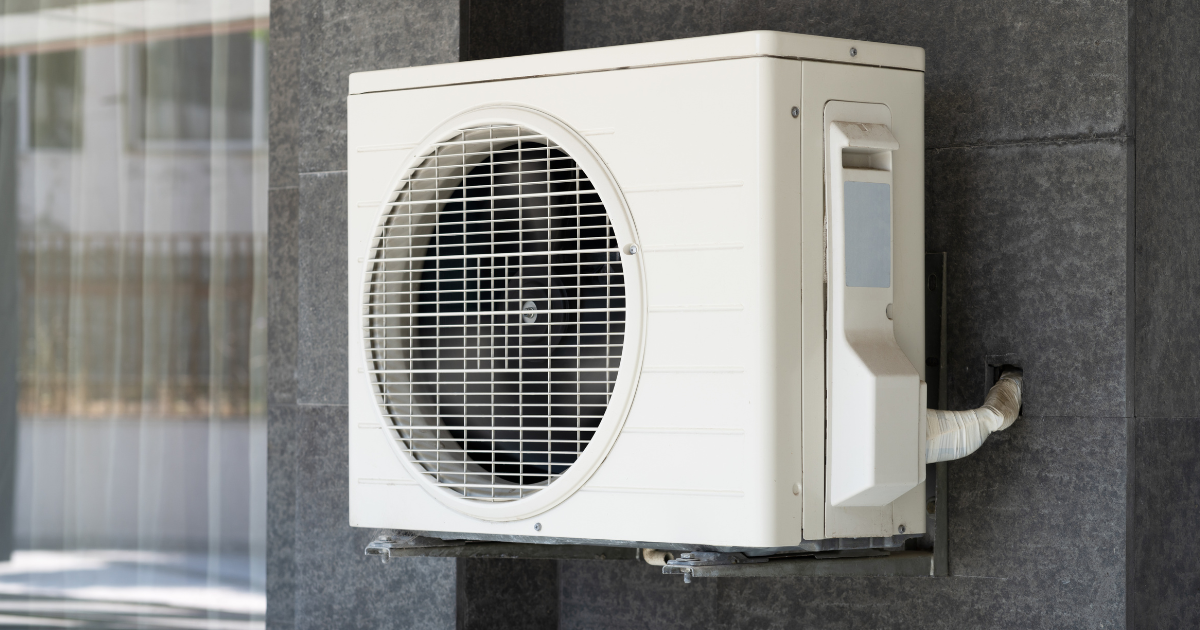How to keep warm and save money
When it comes to colder months, those ominous heating bills can really sneak up on you—sometimes even doubling during the winter. Heating bills account for over 50% of the energy used in the average home. That means that personal finances can really take a punch during this time. Fortunately, with a little strategizing and some simple tips that have been gathered over time, you can keep that heating bill from becoming a burden.
1. Make Little Changes for Large Results
Just a few small changes can make a big difference in your bill. Making these minimal adjustments can help you see a big difference over the course of the season.
Turn down your thermostat. Although you may be hesitant to do so, you’ll save money on every degree you can spare. So pull out those festive sweaters and bury yourself underneath a warm blanket. Set your thermostat back during the night as well—you won’t miss those degrees as much when you’re sleeping.
Turn down your hot water heater. Heating water costs more than you think. So take a few degrees off the heat dial and shorten those showers.
Turn on the fan! Ceiling fans are conventionally used to cool down, but they actually do not change the temperature of the air. Their cooling effect can be contributed to the breeze they create. But during warmer months, you can mix warmer air near the ceiling with cooler air near the floor and help the entire room feel warmer.
2. Make Maintenance a Priority
A lot of energy can be saved simply by ensuring that the maintenance of major appliances is up to snuff. Clogged furnaces can prevent proper airflow and lower efficiency. Replacing furnace filters and tuning up your furnace so that it runs efficiently can save you up to 5 percent in heating costs.
Replace old appliances with ENERGY STAR® versions to increase efficiency, lower your environmental impact, and save you money.
3. Close Up Shop
It may already seem intuitive, but we often forget that we can keep out the cold by simply making sure it never gets into the home in the first place. There are even small changes that can help us stay warmer.
Rearrange. Rearrange rooms to put furniture near interior walls that stay warmer. Cover windows with heavy drapes, and try to block drafts with some carefully crafted Feng Shui.
Check for drafts. Leaks around windows and drafts under doors can do more to lower your efficiency than you would think. Caulk leaks around windows and check door jambs to ensure you aren’t letting your heat leak out. Window film can also help. This film is translucent and helps reduce heat loss—especially if you have older windows.
Use the fireplace. A fireplace is another area where you can lose heat. Close your fireplace dampers when there is no fire going. If you do have a fireplace, use it! This is a great, low-cost way to help heat your home.
Seal leaks. Seal up any leaks around pipes, vents, air conditioners, or any electrics that run from the inside of your home out.
Close off areas. If you still find that your bill is unwieldy, consider keeping closets closed and closing the doors of rooms you don’t need to heat. Note: this doesn’t mean you should close central air vents in rooms you don’t need to heat.
Keeping heating costs down can take nothing more than a little bit of mindful direction and some routine home maintenance. If you’re in the San Diego area, call Bob Jenson for routine maintenance and repairs to keep your systems working efficiently.

Bob Jenson
For over 45 years, Bob Jenson has been providing quality heating and air services to the San Diego community.
Request Service
Please fill out the form below to request an estimate or schedule service.
"*" indicates required fields







